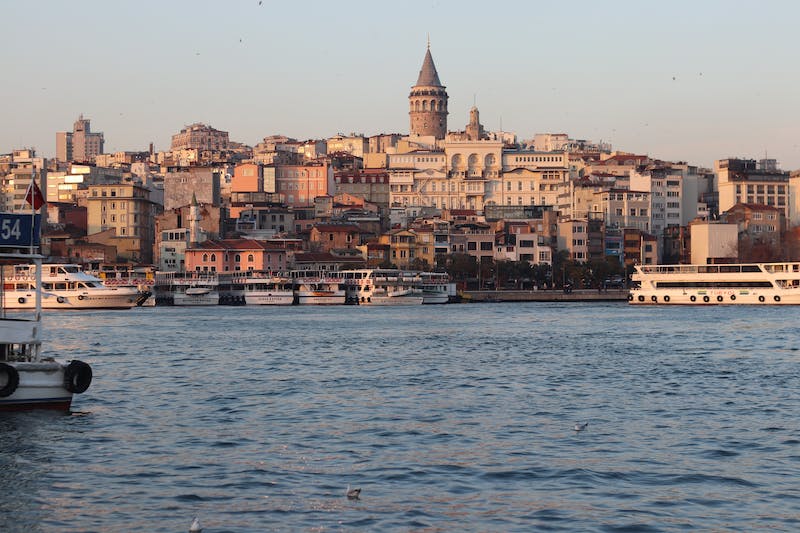

It can be assumed that the catastrophic earthquake in Turkey, which, according to preliminary data, killed about 40.000 and injured more than 100.000 people, will definitely affect the plans of tourists from abroad intending to visit this country in the coming weeks or months.
The scale of the tragedy is becoming more tangible given the fact that a natural cataclysm broke out in an area twice the size of a state like Denmark.
Despite the fact that the popular Turkish resorts of Antalya, Bodrum, Izmir and Kusadasi are located far from the epicenter of the earthquake, in the first days after the natural disaster, tour operators around the world reported a wave of customer refusals from tours to Turkey.
Meanwhile, foreign airlines still operate flights to this country, and Istanbul International Airport, its main air harbor, continues to operate as usual.
Nevertheless, the plans of foreign tourists were influenced not only by video reports about the catastrophic situation in disaster zones, but also by warnings from national authorities.
Thus, the United States advised Americans not to travel to areas affected by the earthquake, and the British Foreign Office urged the British to avoid being in the immediate vicinity of the epicenter of the disaster, located near the city of Gaziantep in the south-east of the country.
For its part, the French Foreign Ministry categorically did not recommend that citizens of the country also visit other most affected areas - Kahramanmaras, Gaziantep, Osmaniye, Malatya, Hatay, Adiyaman and Kilis.
In general, foreign tourists are now deterred from visiting Turkey not only by possible aftershocks, but also by the increased threat of terrorist attacks after incidents involving the burning of copies of the Koran in Sweden. At the official level these provocative actions of the extreme right angered Ankara, which froze the procedure for the Scandinavian country's accession to NATO.
Meanwhile, Sweden, the Netherlands, Germany, France, Great Britain and Switzerland temporarily suspended the work of their consulates General in Istanbul for security reasons.
For its part, the French Foreign Ministry recommended that the French avoid appearing in places of rallies and mass gatherings of people. "Since the risk of terrorist attacks in Turkey remains high, especially in Istanbul, the French living in Turkey or passing through its territory should exercise maximum vigilance, especially in tourist areas, including places of worship," the ministry said in a statement.
Turkish Interior Minister Suleiman Soylu, commenting on the unfriendly demarches, said that Western states, under the pretext of a terrorist threat, unleashed a "psychological war" against his country, without providing any evidence.
Thus, experts in the field of tourism predict that this year Turkey's tourism industry will face difficult times.
"The misfortunes that have befallen the country may benefit its closest neighbors this summer, namely Greece and Cyprus. However, this will involve significantly higher tariff levels for customers," experts of the French airline exchange Bourse des Vols expect.
